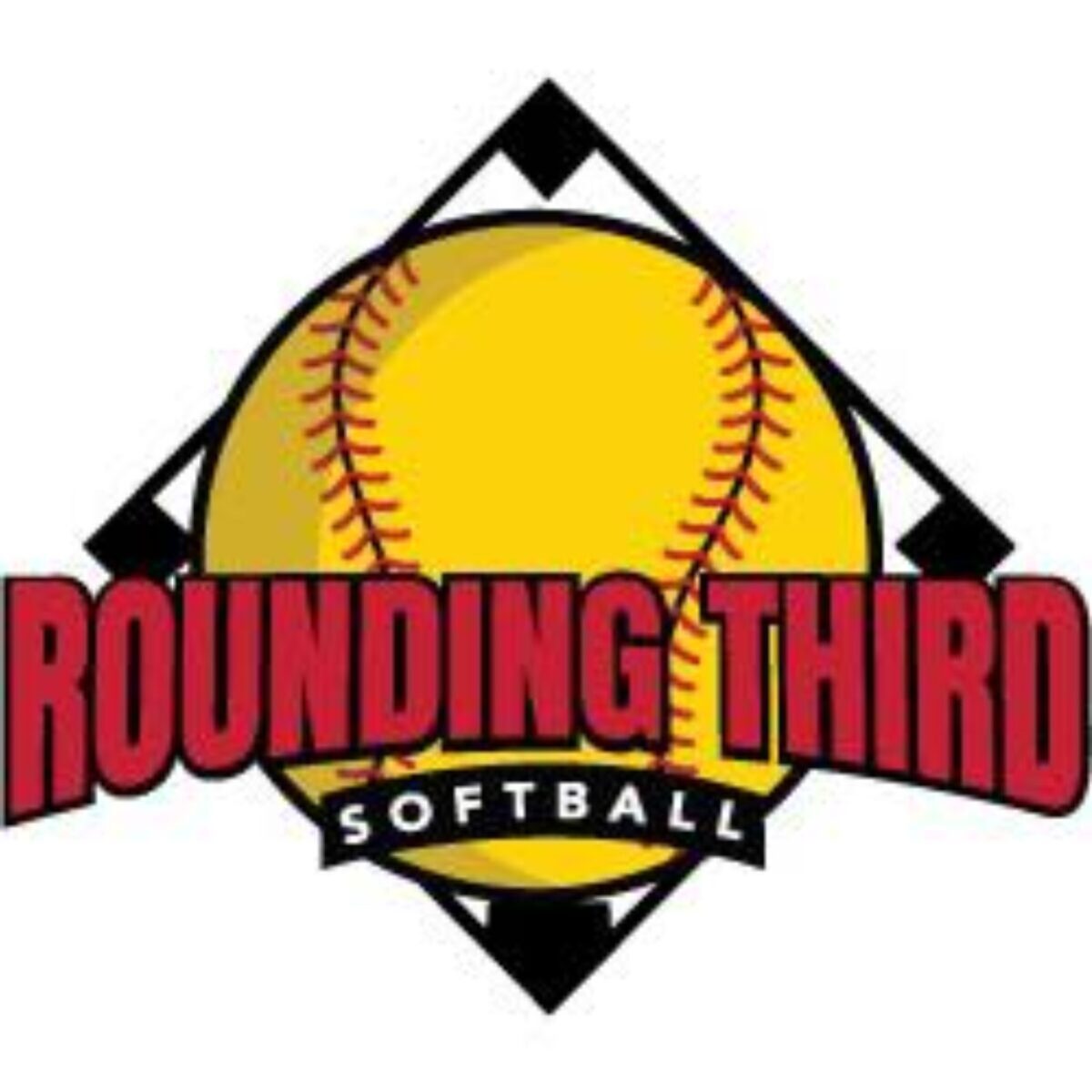In our continuing series of interviews with Collegiate Head Coaches on the current state of the game and the effect of the COVID-19 (Coronavirus) Pandemic currently gripping our nation and world; We speak with Saginaw Valley State University Head Coach Todd Buckingham.
Coach Buckingham is in his eighth year at SVSU, and the veteran coach has become one of the well talked about names in recent years in the Collegiate Coaching Profession. Buckingham, also an NFCA Executive Board Member, had one of the hot teams as the Cardinals were 16-2 while scoring a win again the #1 ranked team in Division II before the 2020 season cancellation.
RTS: The COVID-19 Pandemic has obviously been one of the most unique and disturbing times in our countries history. From the standpoint of Collegiate Athletics it has been unprecedented in the fact of its impact on all sports including softball. Talk a little about how it has affected your program particularly. Where were you and your team when they found out the season had been canceled? How did you break the news that the 2020 season was over to your athletes and the immediate and aftereffect of announcement since?
Buckingham: I actually saw the official release by the NCAA stating that the “championships had been canceled” while watching ESPN the evening of the release. That was a devastating blow to our program. Having one of the best starts in program history, we were poised and confident for a deep post-season run. We still held out hope that our conference would allow the teams to compete for conference bragging rights in regular season games. But that was not to be, as the following day our conference President’s and AD’s convened in a meeting and determined that all athletic activity was to be suspended until May 31st, which obviously means the entire season. I had called an early morning meeting that day with the team, so we were all together to hear the final news. At least we were all together one last time to share stories and hug it out. The seniors were immediately brought to tears, as were we all. Since the announcement, I have communicated via social media and messaging with my players, answering questions and checking on their well-being. This has certainly motivated them to return with a vengeance in 2021.
RTS: As a coach what are your opinions on how NCAA has handled the outbreak and the cancellation of the 2020 season?
Buckingham: I have been through the complete “7 stages of grief” when trying to deal with this ruling by the NCAA. Since I have a few days to process this, I can now say I completely understand why what was did was done. We as a society have to do everything we can in an attempt to “flatten the curve” of this pandemic lifespan. I do, however, feel the NCAA could have handled the situation differently. I feel simply “canceling all championships”, but then leaving the situation at that, was a misstep. I believe leaving the determination on what happens with the rest of the season in the hands of each conference was not the right thing to do. If you look at conferences across the board, in all levels, some have suspended play to April, some until the end of March, and some have eliminated all hope of games. What happens if the virus runs its course and is no longer a pandemic by April, and games could have been played? I feel the NCAA could have simply said, “All spring sport activities are suspended until April 20th, or May 1st, or whatever”. Some sort of date that COULD leave the possibility of an abbreviated season of some kind to take place. Again, I realize hindsight is always 20-20, and I hate when people around me outside the pressure of making big decisions say “you should have”. However, his just seems a quick trigger to pull on the hopes and dreams of countless student-athletes across the country.
RTS: How does the cancellation affect what you will do in the future from an operational and progressive program standpoint since you are losing the season?
Buckingham: This cancellation creates a lot of uncertainty as it pertains to funding, practice stressors due to roster size, and future recruiting. With the NCAA not making an official statement on consistent cancellation of CARA or VARA activities across all divisions, will some conferences elect to start activities before others? That will give a competitive advantage to those institutions.
RTS: With the information at hand in which NCAA seems to be granting a year of eligibility back to the student-athletes that lost the 2020 season; How is this affecting your roster, recruiting, and scholarship management over the next year?
Buckingham: Each year, every coach recruits players to replace those players that are leaving for graduation and natural attrition. What happens now that all players have the possibility of gaining an additional year of eligibility? How do we honor the scholarships of those players now returning for that extra year, while also honoring the incoming players that have signed NLI’s with the same funds? Also, now the rosters will be larger than normal, which carries budgetary stressors (uniforms, apparel, travel expenses, equipment, etc…) How do we handle that? Will the NCAA be supplementing any of that? And I have had several recruits contact me asking what all this means as it pertains to our program needs now, and that’s something I am now struggling to answer.
